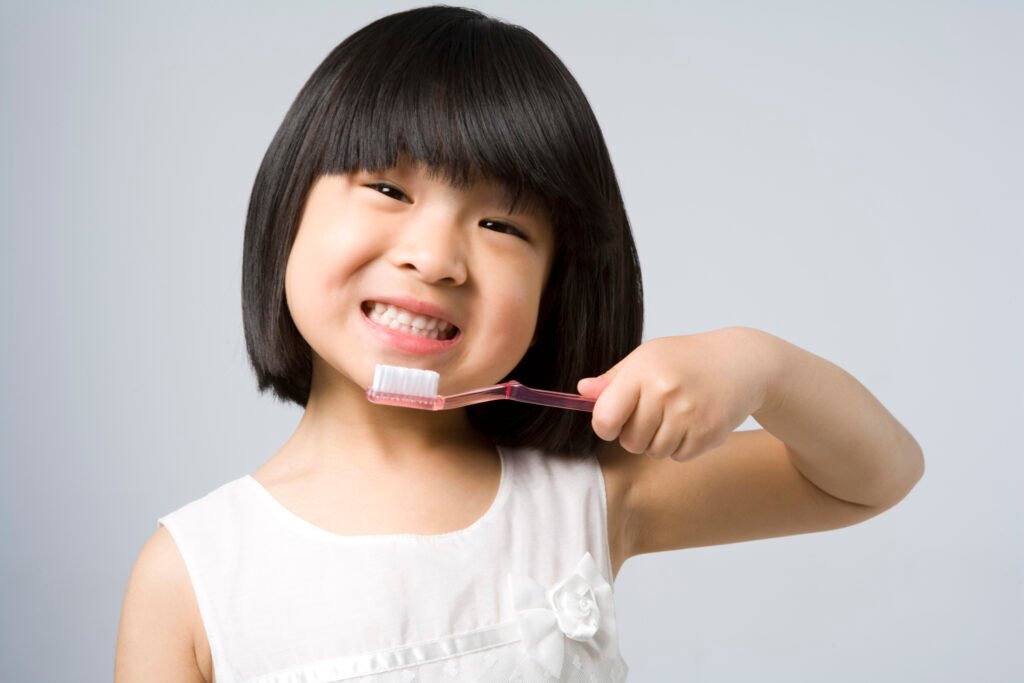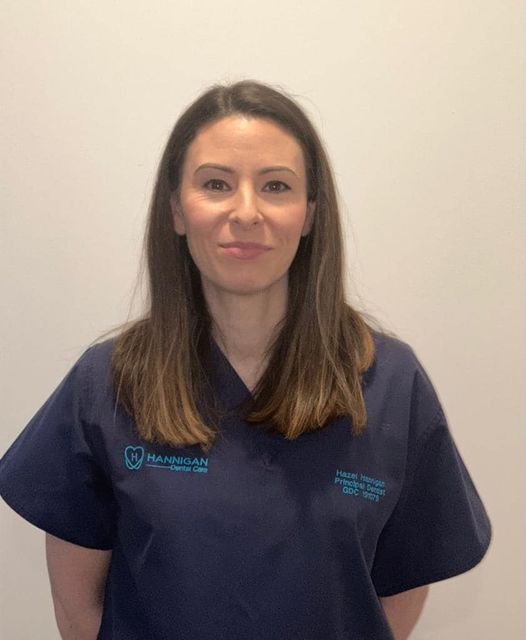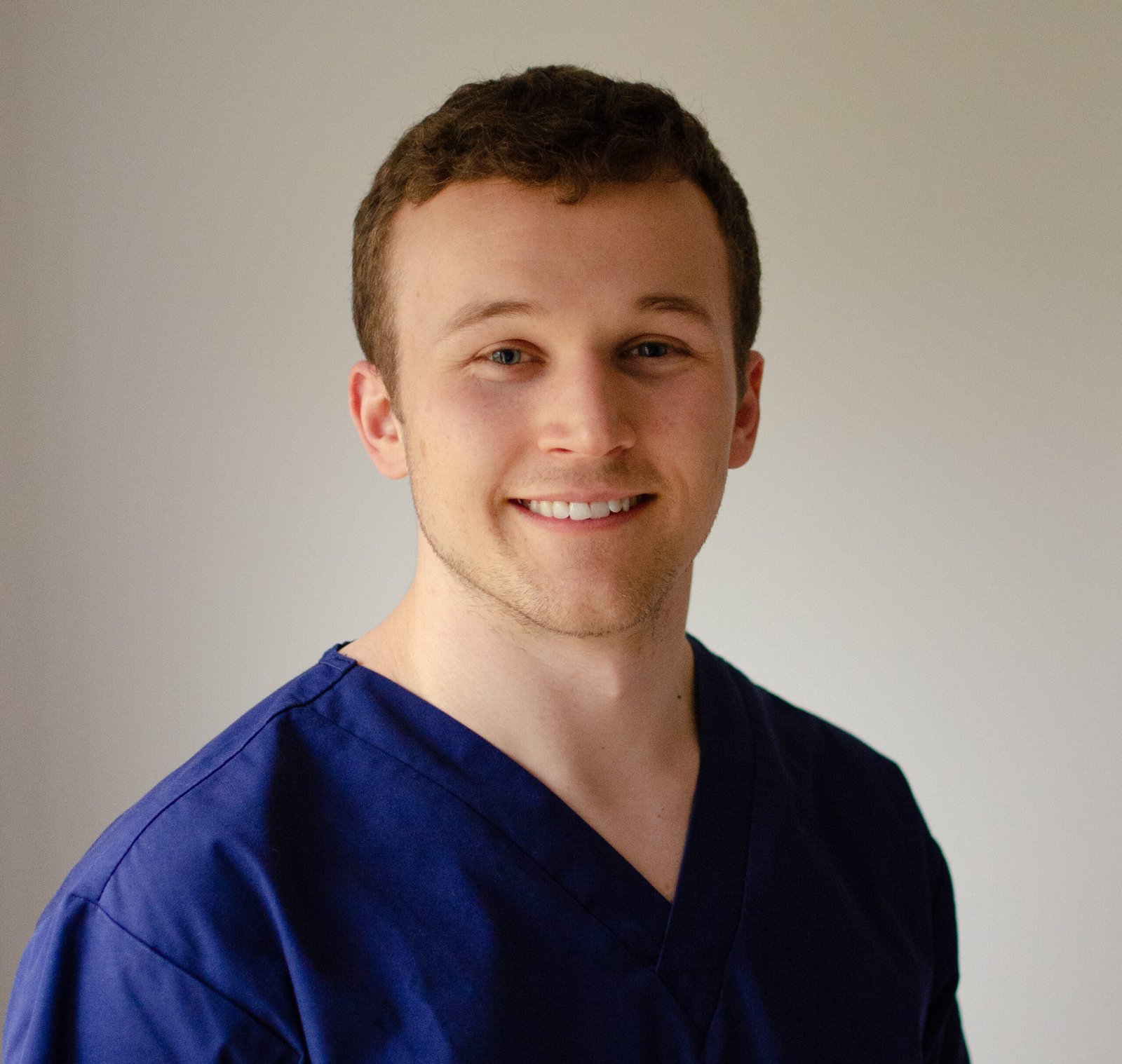
Introduction
Oral hygiene plays a crucial role in maintaining the overall health and well-being of children. Establishing good oral care habits from an early age can help prevent dental problems and promote a lifetime of healthy teeth and gums. In this article, we will provide essential oral hygiene advice for children, including toothbrushing techniques, toothbrushing time, the use of mouthwash, the importance of flossing, and recommended fluoride concentration in toothpaste.
Toothbrushing Technique
Proper toothbrushing technique is essential for effective plaque removal and maintaining oral health. Here are some guidelines to ensure your child brushes their teeth correctly:
- Use a soft-bristled toothbrush suitable for your child’s age.
- Electric toothbrushes can provide a more thorough clean but use any toothbrush your child prefers.
- Apply a pea-sized amount of fluoride toothpaste on the brush.
- Hold the toothbrush at a 45-degree angle towards the gumline.
- Gently move the brush back and forth in short, circular motions.
- Brush all tooth surfaces, including the outer, inner, and chewing surfaces.
- Pay extra attention to the back teeth, where food particles often get trapped.
Toothbrushing Time
The British Society of Paediatric Dentistry (BSPD) recommends brushing teeth for two minutes, twice a day. Supervise and assist your child to brush their teeth in the morning and before bed. To make it more enjoyable, you can use a timer or play their favourite song to help them keep track of the time. Remember, adequate brushing time ensures thorough cleaning and removes plaque effectively.
Recommended Fluoride Concentration in Toothpaste
Fluoride is a mineral that helps prevent tooth decay by strengthening the tooth enamel. The recommended fluoride concentration is between 1000ppm and 1500ppm:
- For children under three years old: Use a smear of fluoride toothpaste about the size of a grain of rice.
- For children three to six years old: Use a pea-sized amount of fluoride toothpaste.
- Supervise your child’s toothbrushing to ensure they do not swallow the toothpaste.
Your dentist may prescribe a higher fluoride concentration toothpaste depending on risk of decay. You can ask your dentist for more information on this.
The Importance of Flossing
Flossing is an essential part of oral hygiene that helps remove plaque and food particles from between the teeth and along the gumline. Introduce flossing to your child as soon as their teeth start to touch. Here are some tips to make flossing easier:
- Use a child-friendly flossing tool, such as floss picks or floss holders.
- Show your child how to gently guide the floss between their teeth.
- Ensure they curve the floss into a C shape around each tooth and move it up and down.
- Encourage your child to floss at least once a day, preferably before bedtime.
No Mouthwash Use
Mouthwash contains only 225ppm of Fluoride whereas your toothpaste has 1450ppm. Using mouthwash straight after brushing washes away all this important fluoride. Twice daily brushing and flossing negates the need for any mouthwash. If you opt to use mouthwash for your child use it at a time other than after brushing and ensure it is alcohol free.
Conclusion
By following these oral hygiene tips, you can help your child maintain a healthy smile and prevent dental problems. Remember to lead by example and make oral care a fun and positive experience. Regular dental check-ups are also essential to monitor your child’s oral health and address any concerns. By promoting good oral hygiene habits, you are setting your child up for a lifetime of healthy teeth and gums.




